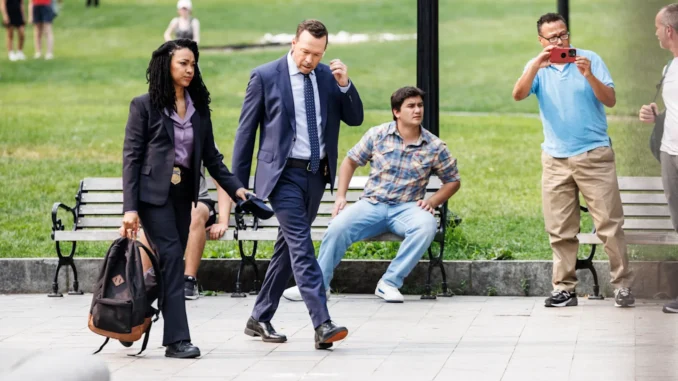
For nearly a decade and a half, Blue Bloods has been more than just a police procedural—it’s a study in family, morality, and the intricate balance of justice. The Reagan family, led by Tom Selleck’s Frank Reagan, has embodied integrity, discipline, and commitment to community in a way few shows have managed. Generations of viewers have tuned in weekly, not just for the crimes or investigations, but for the dinner table conversations, the family dynamics, and the moral dilemmas that make the show uniquely human.
Given this legacy, the idea of canceling Blue Bloods to make way for another show in the same vein seems perplexing. Networks may have strategic reasons: rebranding to attract younger viewers, experimenting with a fresh cast or storylines, or attempting to modernize the series’ formula. While the original show thrives on familiarity and consistency, a new iteration could explore perspectives that the Reagan family storyline cannot—new neighborhoods, new challenges, and potentially more diverse character arcs.
However, this approach is not without risks. Fans who have invested emotionally in the Reagan family may feel alienated. A new show with similar branding could be seen as a pale imitation rather than a continuation, undermining the emotional connection viewers have developed over years. Moreover, the original Blue Bloods has proven that longevity does not diminish relevance; its consistent ratings and cultural impact suggest that audiences still value traditional storytelling combined with modern police drama elements.
This decision reflects a broader tension in television today: the constant push to innovate versus the desire to preserve beloved franchises. Networks often face pressure to capture new demographics, boost social media engagement, or adapt to streaming trends, which can overshadow the loyal fan base that has sustained shows like Blue Bloods. In trying to balance these pressures, the choice to cancel an established hit for a new version becomes a calculated gamble—one that could either reinvigorate the franchise or alienate the audience that made it successful in the first place.
Ultimately, the question remains: why cancel a show that has built a legacy to start another with the same name? Perhaps it’s ambition, perhaps strategy—but the answer lies in whether viewers are willing to embrace a new chapter while letting go of the one they’ve loved for so long. One thing is certain: the Reagan family’s impact on television will not be forgotten, regardless of what comes next.
